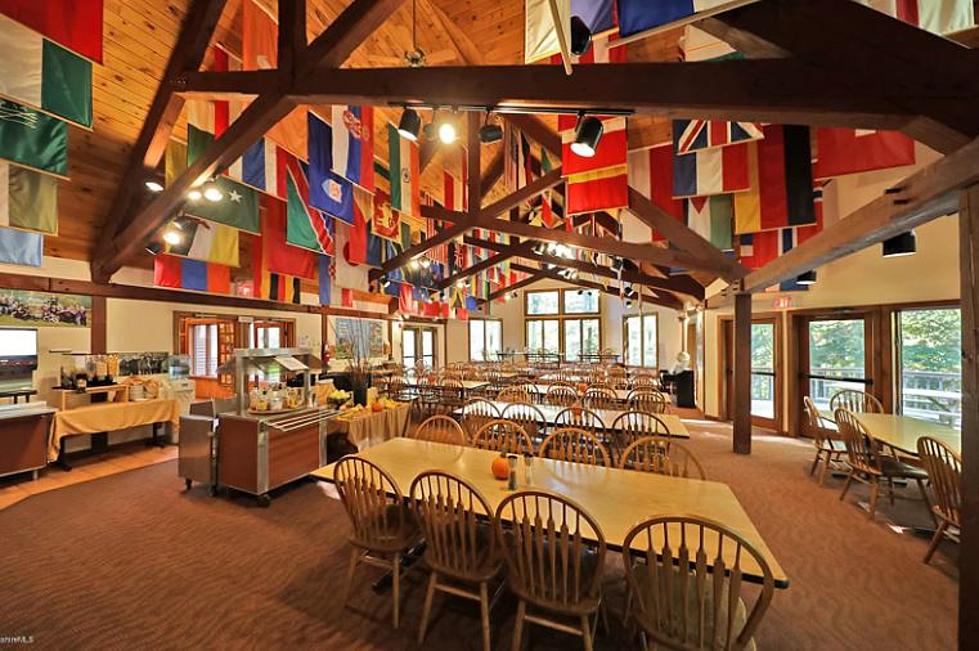
Forum Makes Seniors Aware Of Cyber Scams
iBerkshires.com reports State Sen. Adam Hinds, Council on Aging Director Jim Clark, and Ed Donnelly from AT&T brought in tech experts to help seniors learn a little bit more about how to protect themselves. Hinds said Donnelly has been giving presentations throughout the state and offered to bring it here. He was happy with the turnout at the afternoon session.
Clark said it ties right in with the senior center's recent push to help seniors understand technology better.
The Council on Aging is holding a number of technology-based seminars for seniors. Friday's focused on avoiding scams but Clark said the plan is to cover an array of topics to help seniors become more adept with technology. He said often seniors were asking him about setting up various features and downloading apps so it was natural to start classes to tackle those issues.
Donnelly gave an overview of how seniors can protect themselves before staying to answer individual questions about smartphones seniors had. He began his presentation with the protection of the phone itself.
Phones carry so much personal information now that it is important to ensure it's secure, he said. He advised finding the middle ground for a password between some easily guessed — like 1234 — and something so complicated that the phone's owner can't remember it.
He advised the seniors to be aware of their internet connection. He said to check to ensure there is a lock somewhere in the address bar showing the website is safe and to always look for the S at the end of HTTPS.
He said public wifi at libraries and shops are not secure. He advised the seniors not to make purchases through their phones when connected to those. But, those networks can still be used for general browsing. He said using data is more secure than open networks because of encryption but he said any personal information being entered should really be done with a secure wifi connection.
More From WNAW AM









